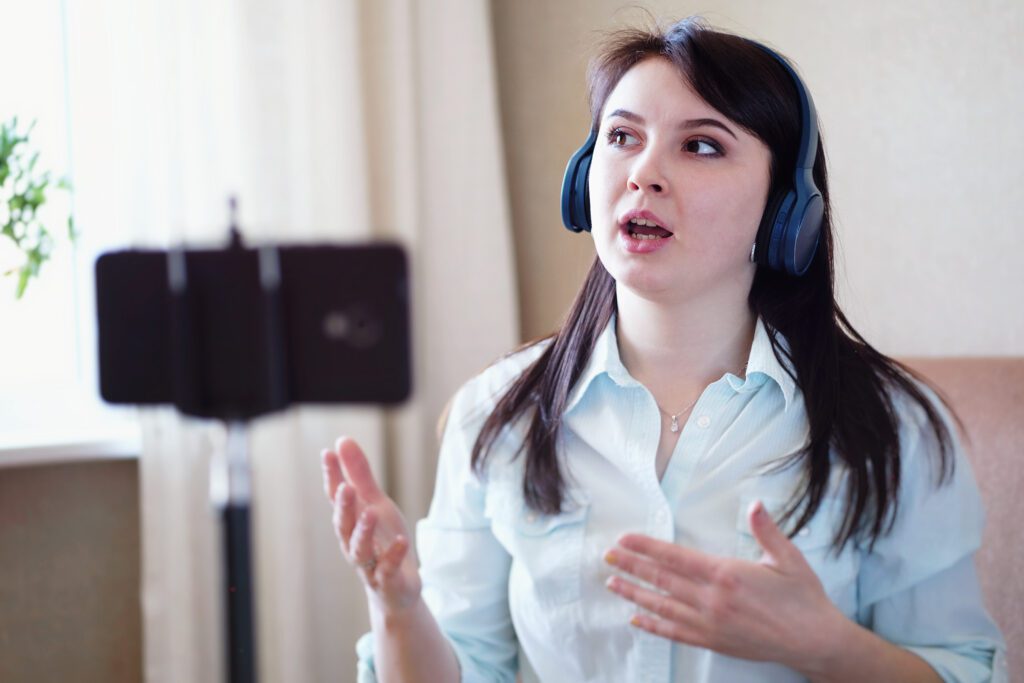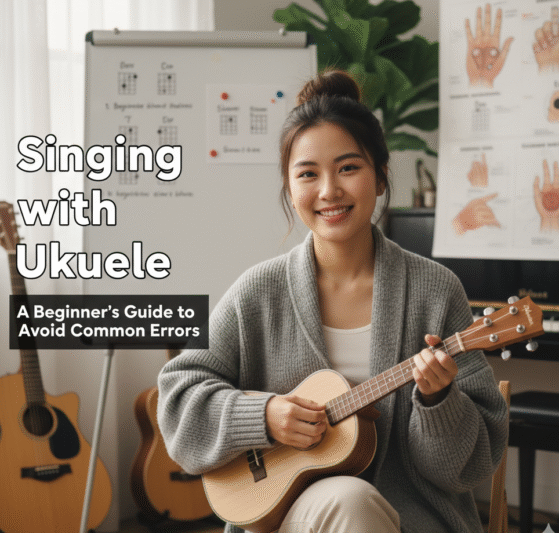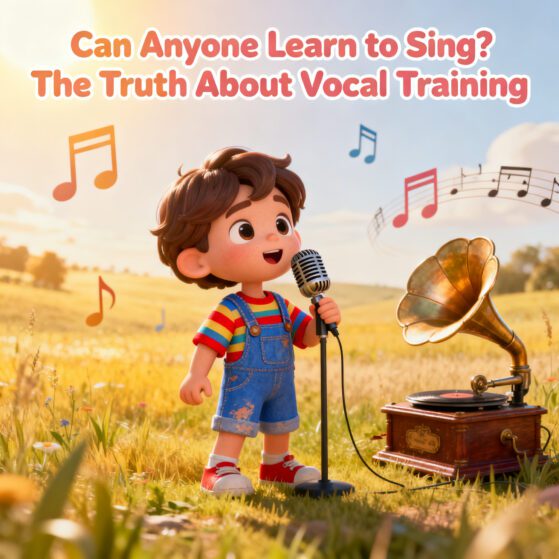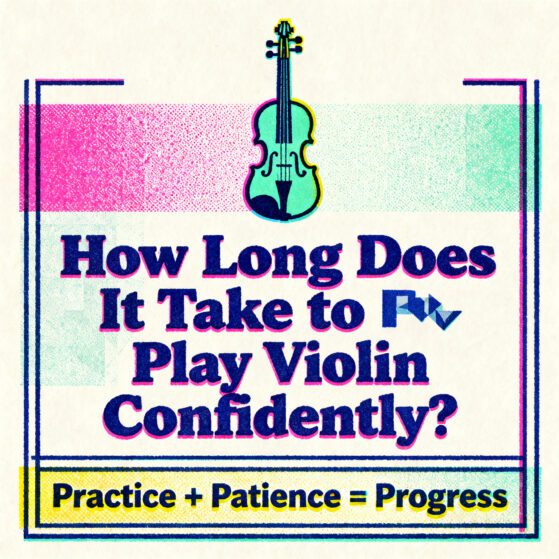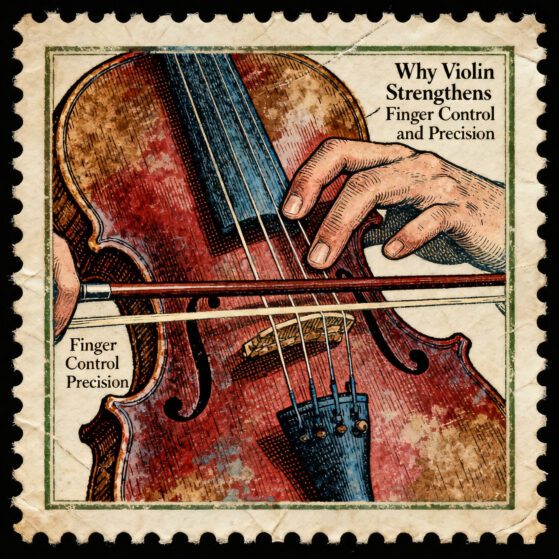Can You Learn Music Faster by Practicing in Shorter Sessions?
In the world of music education, one age-old debate continues to spark curiosity: is it better to practice for hours in one sitting, or can shorter, more focused sessions actually help you Learn music faster with shorter practice sessions? At The Mystic Keys, we’ve seen students succeed with both approaches, but the science and experience often point to one being more efficient and sustainable.
In this comprehensive blog, we’ll explore the effectiveness of shorter practice sessions, uncover the psychology and neuroscience behind skill retention, and share practical tips on how you can maximize your music learning through smarter, not longer, practice. If you’re aiming to master your instrument or voice with less burnout and more joy, read on.
The Myth of Long Practice Sessions

For decades, the idea that “more is better” has dominated the music learning landscape. Students are often told to sit down for hours, grinding away at scales, etudes, and full-length pieces. While dedication is important, research has consistently shown that the quality of practice far outweighs the quantity.
What Science Says About Learning Efficiency

Cognitive psychology and neuroscience suggest that our brains are not wired for endless concentration. In fact, studies reveal that attention spans and working memory have optimal ranges, usually around 20 to 30 minutes, after which performance and retention begin to drop.
In a study published by the Journal of Neuroscience, shorter bursts of deliberate practice followed by breaks result in stronger neural pathways. This makes your brain more effective at retaining what you’ve just practiced.
The Power of Spaced Repetition

Shorter sessions promote a learning technique called spaced repetition. This method involves reviewing material at spaced intervals, allowing time for the brain to consolidate information in between. Unlike cramming, this approach strengthens long-term memory and builds muscle memory gradually but more effectively.
Benefits for Musicians:
- Enhanced memory retention
- Better focus during sessions
- Reduced mental and physical fatigue
- Improved motivation and consistency
How Short Sessions Improve Muscle Memory

Playing an instrument involves not just mental effort, but also physical coordination. Repetitive stress and fatigue can lead to inefficient practice or even injury. With shorter sessions, your hands, fingers, vocal cords, or breath control systems remain fresh, allowing you to maintain precision and technique.
Shorter sessions reduce the chances of:
- Finger strain (especially in piano or guitar)
- Vocal fatigue
- Bad posture and technique development
Structuring Your Practice for Maximum Efficiency

Here’s how you can break down your music practice into focused short sessions, ideally 20–30 minutes each:
Session 1: Warm-Up and Technique (20 mins)
Focus on scales, finger exercises, breathing techniques, or articulation.
Session 2: Piece Practice (25 mins)
Work on a single piece or section. Break it down into phrases or bars. Use slow practice to build muscle memory.
Session 3: Sight Reading or Ear Training (20 mins)
Use a music app or sheet music to practice reading on the spot. Or play back melodies by ear.
Session 4: Review and Cool Down (15 mins)
Revisit what you learned earlier, and end with something you enjoy.
Space these out during the day for optimal results. This way, you reinforce learning multiple times, instead of letting everything pile up in one session.
Tools That Can Help You Stay on Track

Practice Apps: Use tools like Modacity, Soundbrenner, or Simply Piano for structured sessions.
Timer: Set a Pomodoro timer (25 mins focus + 5 mins break).
Journal: Track progress and plan the next day’s goals.
At The Mystic Keys, our expert instructors help students design customized practice schedules based on their goals, age, and instrument. This ensures faster growth and builds healthy learning habits.
What Makes Shorter Sessions Work?
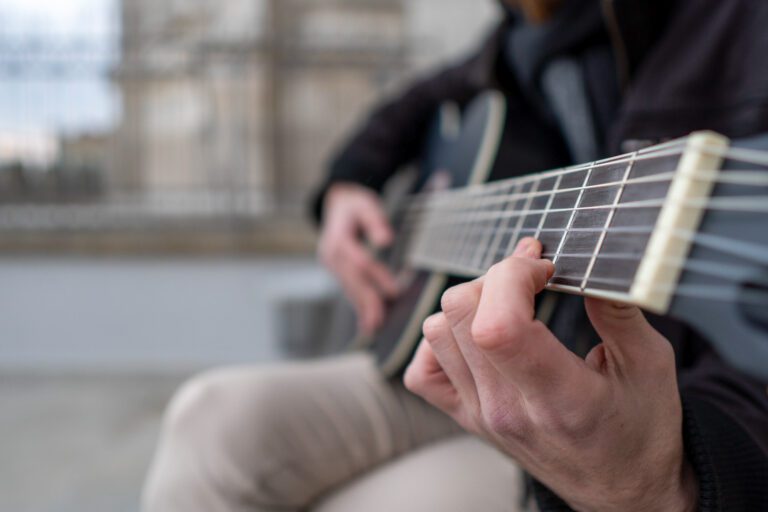
Consistency Over Intensity: Practicing daily for 20 minutes is better than cramming 3 hours once a week.
Micro-Learning: You focus on small, specific goals each time—like nailing a difficult bar or improving breath support.
Mental Refreshing: Short breaks refresh your brain, making each session productive.
Emotional Well-being: Avoids burnout, keeps practice fun.
What the Experts Say

Dr. Noa Kageyama, performance psychologist at Juilliard, emphasizes focused short sessions as a proven path to Learn music faster with shorter practice sessions musical progress. He notes that “random, long practice without direction causes stagnation. Intentional, shorter sessions promote progress.”
Join The Mystic Keys – Master Music the Smart Way

At The Mystic Keys, we believe in smart practice over hard practice. Our one-on-one Zoom lessons are designed to help students of all levels grow at their own pace—without stress.
What You Get:
- Personalized schedules
- Lesson recordings
- Expert teachers with Trinity certification
- Flexible rescheduling
- International-level coaching
Whether you’re learning piano, guitar, Hindustani vocals, or music theory, we’ll help you achieve your goals faster—sometimes with just 30 minutes a day!
Final Thoughts
So, can you Learn music faster with shorter practice sessions? Absolutely. Science backs it. Experts recommend it. And students around the world are living proof.
Short, consistent, and focused sessions provide the perfect mix of discipline and joy that helps you grow musically—without burning out. Try restructuring your routine today and feel the difference.
To learn more or enroll in our structured music courses, visit The Mystic Keys.
Related Blogs
The world of Western music is incredibly diverse, spanning from the grandeur of classical symphonies to the spontaneity of jazz improvisations and the catchy rhythms of contemporary pop.


